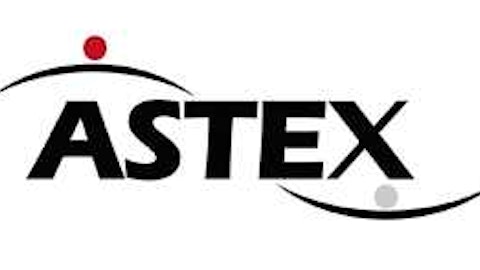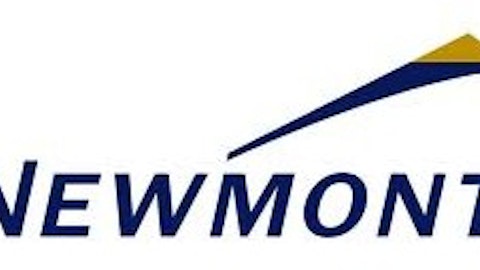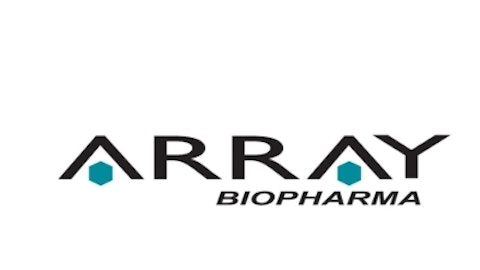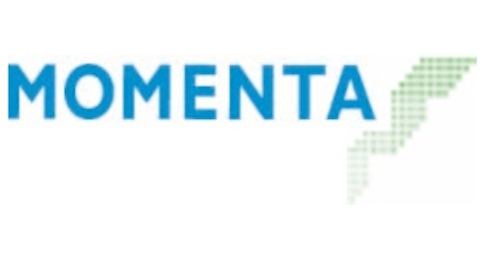Investors might want to keep their eyes on the eye care industry, as the battle for eye treatments heats up across the biotech sector. Two eye diseases — wet AMD (age-related macular degeneration) and DME (diabetic macular edema) — are at the center of a big battle that includes Roche Holding Ltd. (ADR) (OTCMKTS:RHHBY), Novartis AG (ADR) (NYSE:NVS), Regeneron Pharmaceuticals Inc (NASDAQ:REGN), and Ampio Pharmaceuticals Inc (NYSEMKT:AMPE).
Wet (neovascular) AMD causes abnormal blood vessels to grow and leak fluid into the macula, and is the leading cause of blindness in the elderly. DME, on the other hand, is an eye disease that is caused by diabetes, and causes severe vision loss and blindness. The market for both is expected to grow substantially over the next few years, as the world’s population ages and cases of diabetes rise.
A traditional treatment and a cheaper alternative
When patients are diagnosed with AMD, Lucentis (ranibizumab) is considered the traditional treatment, which is usually delivered via an injection once per month. However, the injections cost $2,000 each, which has led some patients to reduce injections to once every three months after the first four months of treatment.
Within the United States, Lucentis is marketed by Roche Holding Ltd. (ADR) (OTCMKTS:RHHBY)’s subsidiary Genentech, but Novartis AG (ADR) (NYSE:NVS) holds exclusive rights for the rest of the world. The U.S. FDA has approved the use of Lucentis for the treatment of both AMD and DME.
Lucentis has two major drawbacks, however.
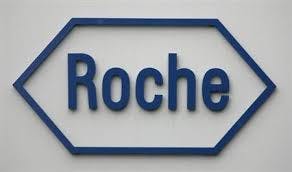
Lucentis’ second weakness is its unfavorable comparison to Avastin (bevacizumab), a multi-use angiogenesis inhibitor approved by the FDA for the treatment of colon, lung, and renal cancer, as well as malignant brain tumors. Clinical studies over the past three years have shown that Avastin, also manufactured by Genentech/Roche Holding Ltd. (ADR) (OTCMKTS:RHHBY), is equally effective in treating AMD and DME, for a fraction of the cost. A single dose of Avastin only costs $100.
This has led many critics to claim that there was no reason for specially formulated AMD and DME drugs like Lucentis to even exist on the market. However, that hasn’t stopped other competitors from entering the market with their own treatments.
Eylea has its eyes on the prize
Regeneron Pharmaceuticals Inc (NASDAQ:REGN)’s Eylea, which was approved by the FDA in November 2011 for the treatment of AMD and CRVO (central retinal vein occlusion), is Lucentis’ biggest competitor. Eylea has not been approved for the treatment of DME, although the company has reported positive results from its Phase 3 trials. Eylea was developed through a collaboration with Bayer.
Regeneron Pharmaceuticals Inc (NASDAQ:REGN) is hoping that Eylea, which costs roughly the same as Lucentis per injection, will be more appealing since it is not required to be labeled with a fatality warning like Lucentis. However, Eylea faces the same threat from the lower-priced and equally effective Avastin. Yet, that hasn’t stopped Regeneron and Bayer from submitting new drug applications to the FDA and worldwide regulatory agencies for its approval as a DME treatment.
Since Regeneron Pharmaceuticals Inc (NASDAQ:REGN) only has two other approved drugs on the market, Arcalyst (rilonacept) and Zaltrap (Aflibercept), Eylea is considered the key catalyst for the company to continue growing. Therefore, when Regeneron reported a slowdown in Eylea sales during the second quarter, shares plunged 6%.
Sales of Eylea rose 70% year-on-year to $330 million, but it was a dramatic drop from the 153% growth it reported in the previous quarter. Eylea sales accounted for 72% of Regeneron Pharmaceuticals Inc (NASDAQ:REGN)’s top line, which rose 50.3% year-on-year to $457.6 million. Regeneron’s earnings rose from $0.70 to $0.79 per share.
Ampio keeps the needles away from the eyes
Eylea’s strong sales also encouraged another company, the much smaller Ampio Pharmaceuticals Inc (NYSEMKT:AMPE), to abruptly declare that its low-dose steroid Optina for DME could be approved soon by the FDA. Ampio’s statement, in which it claimed that positive Phase III results could soon lead to FDA approval, has been harshly criticized by a number of analysts. Optina is an orally administered drug that the company considers a safer alternative to injections of Lucentis and Eylea.

